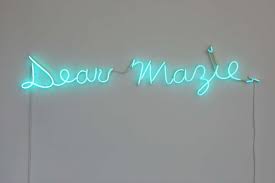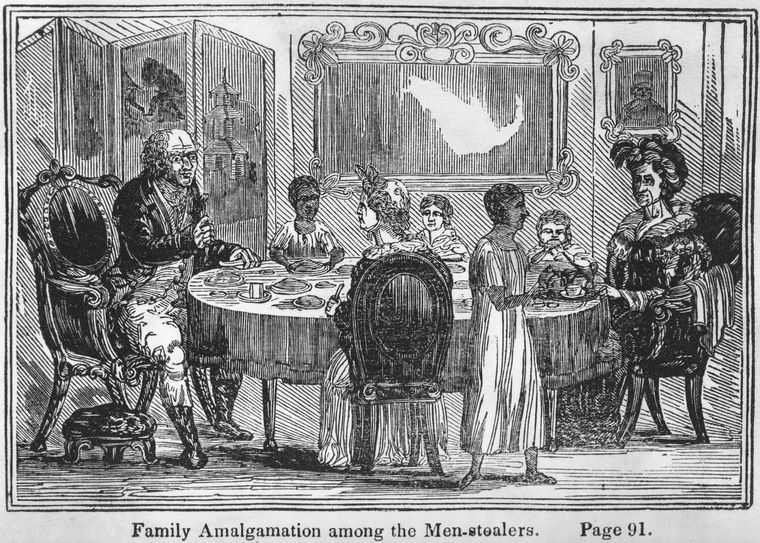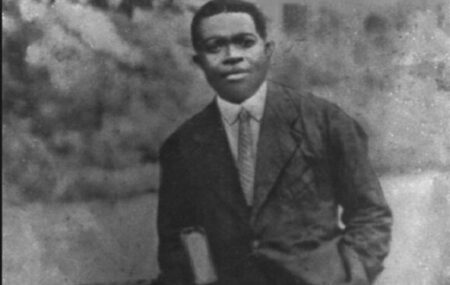On September 20, 1664, Maryland made history for all the wrong reasons. On that day, the colonial assembly passed the first law in British North America that outright banned interracial marriage.
The Anti-Amalgamation Law was aimed squarely at free English women who dared to marry enslaved African men. The lawmakers called these unions a “disgrace … to our Nation” and decided to make an example of them. Under this law, children born to such couples would no longer be free but enslaved for life, following the status of the father. Even the mothers were punished: any free woman who married an enslaved man was forced into indentured servitude to her husband’s master for the rest of his life.
The legislation was designed to keep Black people at the bottom of society and to scare poor white women out of forming families across racial lines. Before 1664, there had been more room for mobility; some Africans could gain freedom, and children of free women were born free.
Maryland’s move set the tone for the rest of the colonies. Virginia, Massachusetts, and others soon passed their own versions, embedding white supremacy into the legal code. These anti-miscegenation laws stayed on the books for centuries, haunting American life until the Supreme Court finally struck them down in Loving v. Virginia in 1967.











